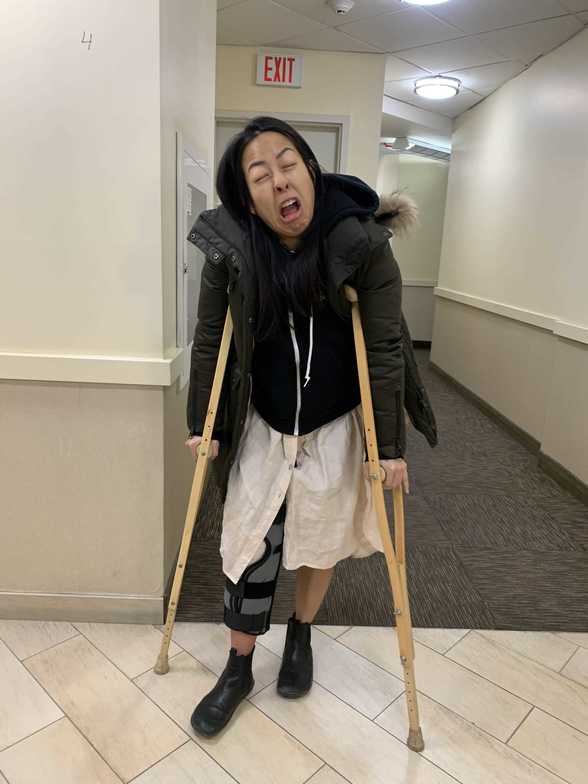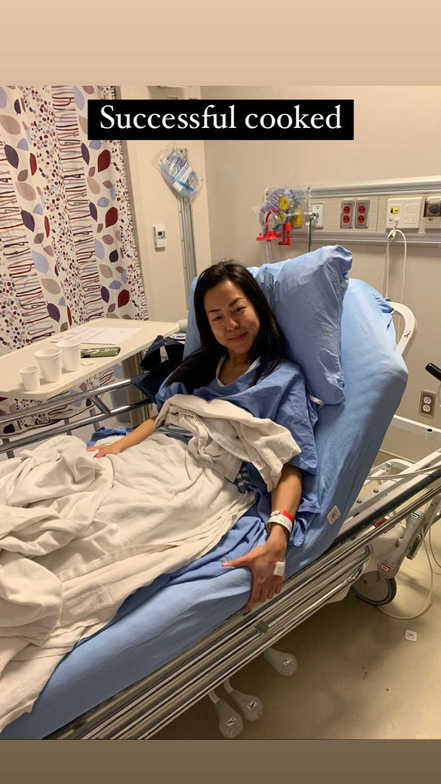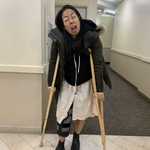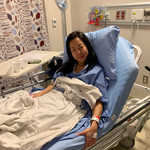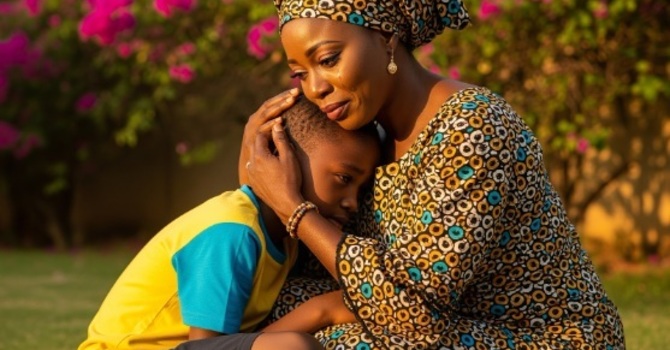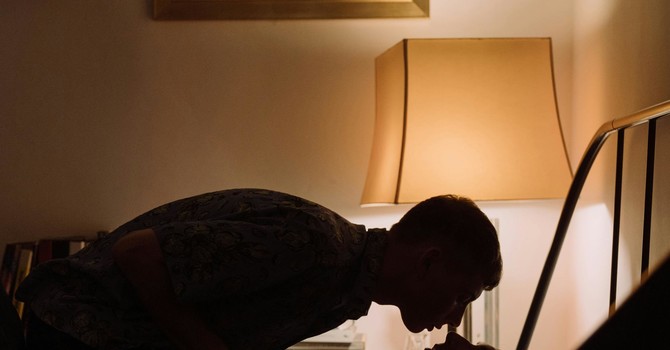It’s been 1 year since I had surgery on my torn ACL. The road to rehabilitation and getting to this point has been more than just physical. I’ve had to figure out how to recover my mental fame after this sport injury. Ive learned a lot of valuable lessons in this last year - lessons that extend beyond the realm of my physical body and into the often-neglected territories of mental and emotional well-being, identity, and the significance of listening to one's own body.
Here’s what I’ve learnt so far
Taking care of the whole self:
In the initial stages of my recovery, I was on a mission to reclaim my physical capabilities. I treated my body like a machine, a tool to be fixed and restored. However, I failed to recognize the toll this injury had taken on my mental and emotional health.
- Allowing grief.
- I've learned the importance of allowing myself to grieve the person I was before the injury, mourning missed time spent doing what I enjoyed, lost opportunities and eroded relationships that arose from not being able to participate physically in certain things.
- Acknowledging fear and mistrust.
- Recognizing the presence of fear and mistrust within my own body became crucial along with being gentle and patient with simple tasks like walking. Understanding that it's okay to feel betrayed by your body and to make space for worry about the potential for re-injury or questioning if I’d ever be able to do the things I enjoyed again.
- Rebuilding trust.
- Taking the time to nurture and rebuild trust in my body has been an ongoing process and continues to be as I re-enter sport. Patience, self-reflection, and self-acceptance have become essential exercises in my journey. Slow is smooth, smooth is fast.
- Asking for help.
- Recovery is not a solo journey. Learning to ask for help, whether it's emotional support or assistance with daily tasks, has been a real lesson in humility. It took me a really long time to bring up my injury with my own therapist and acknowledging my mental space towards the state of my body was not ok. But, I would not have gotten here without the help and support of those around me whether it was physical tasks or emotional support.
Identity and Physicality:
As someone whose identity was closely tied to physical activities, facing the inability to participate in my hobbies was a tough pill to swallow. However, I discovered that I am not defined solely by what I was physically able to do or my performance
- Discovering new aspects of self.
- Creating space for myself to be something beyond my physical pursuits allowed me to discover new facets of my identity. This realization brought a sense of liberation and self-discovery.
Trusting myself - Intuition & Body Messages:
While following the prescribed route to recovery is essential, I learned the importance of listening to my own body. Despite the effectiveness of physiotherapy, I felt that I needed to make a change in my rehabilitation program.
- Trusting intuition.
- Recognizing that I knew my body best, I explored alternative forms of physical exercise. Listening to my body's cues led me to a different approach that improved my recovery and confidence in myself.
- Holistic healing.
- Seeking additional modalities like bodywork and energy healing became an integral part of my recovery journey. Addressing the emotional and energetic aspects of my relationship with my body was a vital component in achieving a holistic sense of well-being.
As I reflect on these 12 months, I’ve learnt a lot about myself and what I needed to get on the road to recovering from a sport injury. I learnt that healing goes beyond physical rehabilitation. It encompasses mental and emotional resilience, the redefinition of identity, and the trusting our ability to listen to our own bodies. This journey has been a massive exercise in love, patience, and self-acceptance.
Monica Lau
Contact Me
